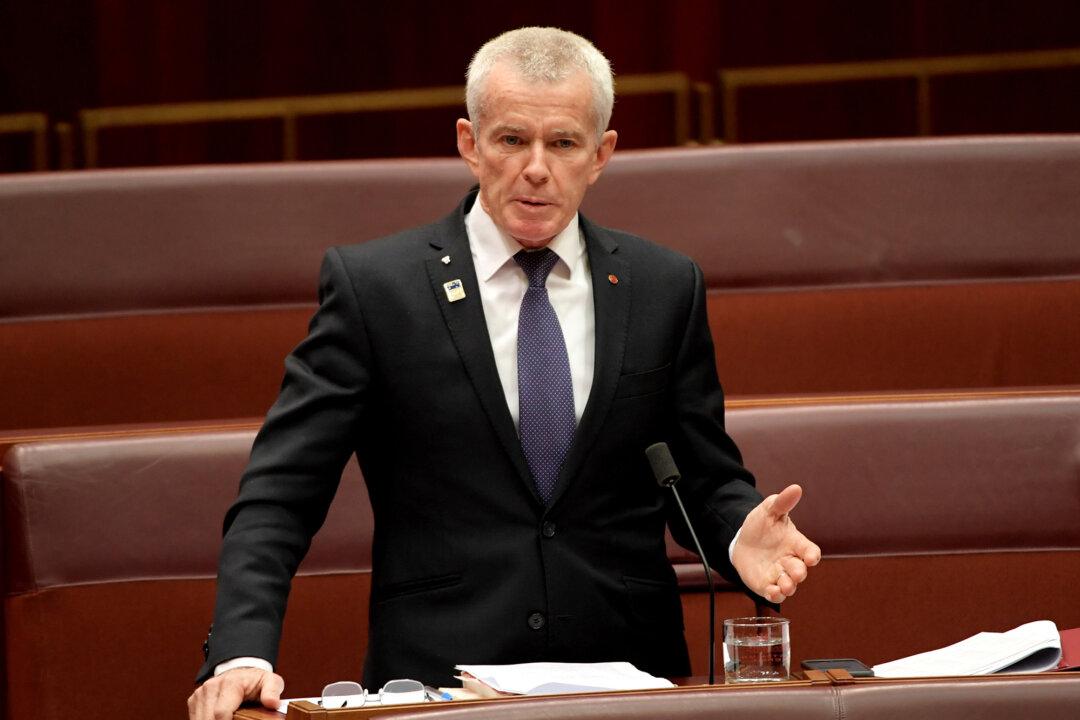On March 31, One Nation Party Senator Malcolm Roberts posted a question on Twitter: “Should China pay compensation for unleashing COVID19 on the world?”
The post has been liked over 117,000 times and retweeted 28,000 times by users in the United States, Europe, Africa, and parts of Asia, including China.





